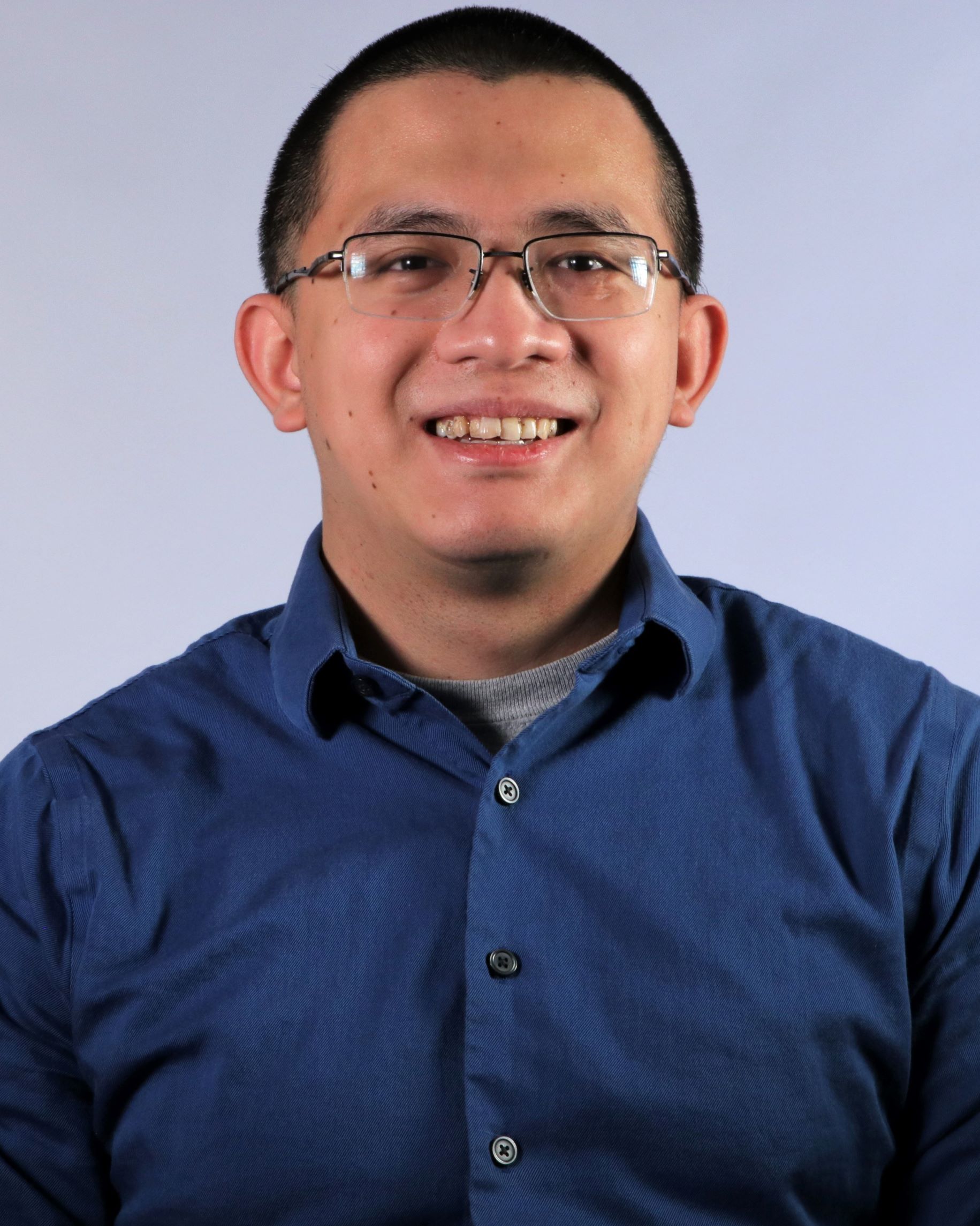After he completes his PhD next May, mechanical engineering graduate student Anh Hung “Peter” Nguyen '18 '19G envisions a career in academia as a member of the faculty at a predominantly undergraduate university.
“It’s not because I’m not good at researching,” says the 26-year-old native of Vietnam, “but because I think I can contribute more in that role.”
His experiences with prior instructors—both good and bad—have seeded his desire to be an educator, Nguyen explains. The positive ones have offered “a goal to strive for,” he adds. And in achieving that goal, he’ll be helping other students to fulfill their own ambitions.
Nguyen’s plan gets high marks from his advisor, Edmund Webb III, an associate professor of mechanical engineering and mechanics who is involved in curriculum innovation in the Rossin College.
“Peter is a consummate educator,” says Webb. “I believe that his current skills in instruction rival, or even surpass, those of many of our incoming faculty.”
Nguyen has served as a teaching assistant throughout his time at Lehigh. While an undergraduate in the IDEAS (Integrated Degree in Engineering, Arts, and Sciences) honors program, he served as a TA for an introductory level computer programming course for engineers. And as he’s progressed in his graduate studies, he’s taken on TA assignments with increasing levels of responsibility.
“I have supported Peter in assuming some challenging, time-consuming TA roles to bolster his teaching experience,” Webb says, “and he has balanced his time properly to be able to achieve fruitful research and the evolution of that research to publication.”
During Nguyen’s second year at Lehigh, he met Webb while taking the professor’s Strength of Materials course. They crossed paths in the classroom again when Nguyen was in the first year of his MS studies. And it was after consulting with Webb that Nguyen decided to pursue his PhD at Lehigh.
“He sold me on the application of his research and how it can be used to advance the understanding of science and also to improve public health,” Nguyen says.
Since August 2019, Nguyen’s PhD work has focused on the biomechanical response of proteins within the human body, studied via computational simulations. More specifically, Nguyen has worked on predicting the behavior of von Willebrand factor (vWF), a glycoprotein that plays a critical role in triggering the blood-clotting process.
“In about 1 to 2 percent of the general population, vWF is not performing its function properly,” Nguyen says. “That means that either your blood is clotting too quickly, and that can lead to a stroke, or your blood is clotting too slowly, and that means you’ll bleed out easier.”
Should his research one day assist doctors in diagnosing patients with von Willebrand disease, Nguyen says it would be “a great contribution.”
“To be able to succeed in the research in which Peter has engaged, one has to be willing to dig into scientific computing and fundamental scientific theory,” Webb says. “Peter’s willingness to apply his computational skills to the task of turning challenging theory into predictive models is what has led to his success as a researcher.”
In his role as a TA, Nguyen says he serves as a bridge between new Lehigh faculty and students and has learned skills he’ll rely on as he prepares for his next step in academia, where he’ll seek to make an impact on future generations of scholars.
“I’ve channeled Professor Webb’s way of teaching, pushing students to be their best.”
—Chris M. Junior is a freelance contributor for the P.C. Rossin College of Engineering and Applied Science


